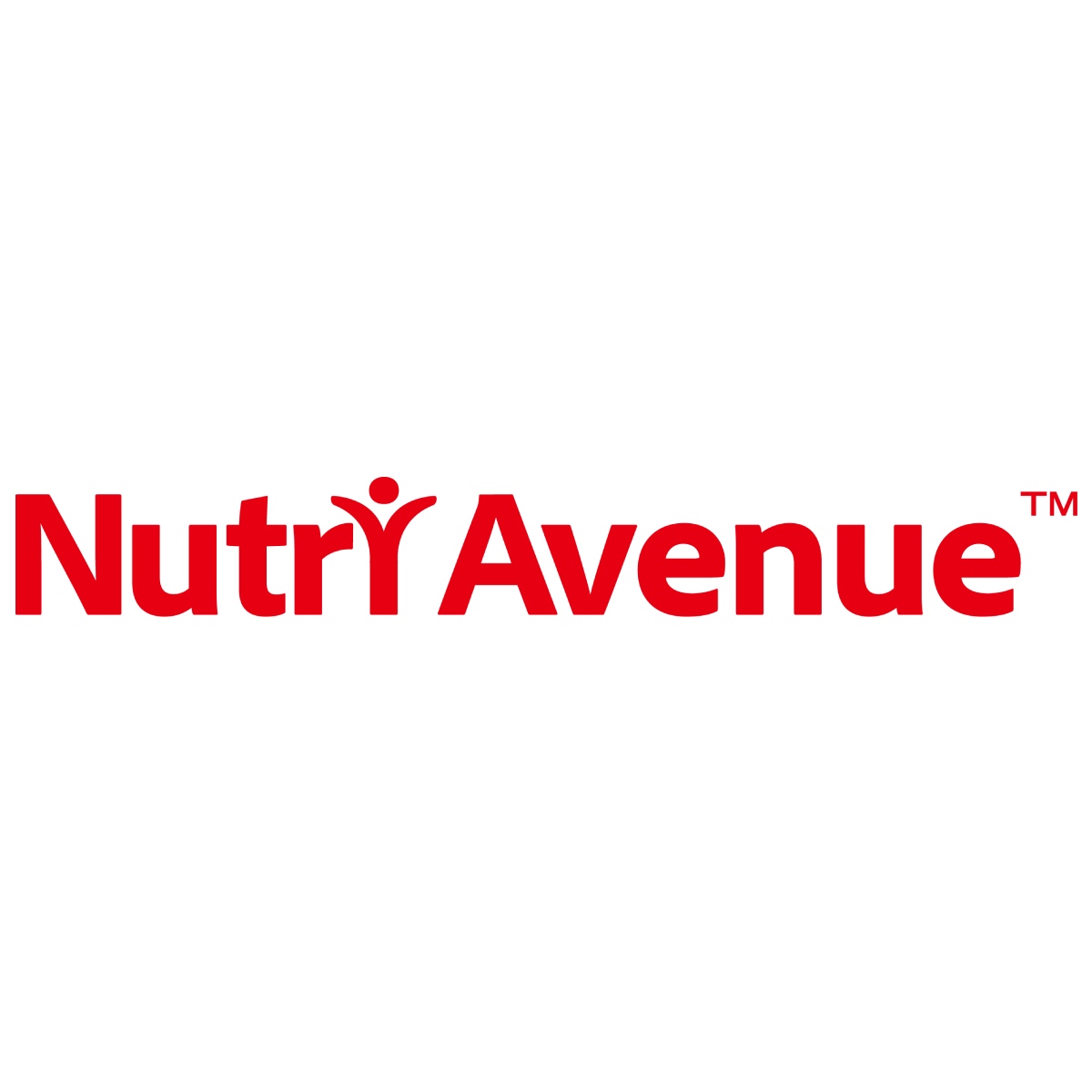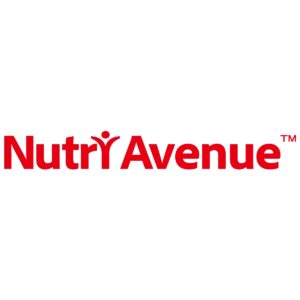Beyond its delectable taste, walnut is indeed a great source of phytonutrients which are proven to enhance health in various ways. There are many types of edible walnuts which are sold in the market but most of these species have common health benefits. Modern health supplements now contain Walnut seed extract which has undergone certain laboratory procedures for manufacture. Aside from providing health benefits similar to walnut consumed in its raw form, Walnut seed extract in health supplements also ensure sufficient intake of nutrients found in the extract in a daily basis. While Walnut seed extract supplements are not intended to replace intake of raw walnuts, experts say that supplementation is advisable for better health.
What is Walnut seed extract?
Walnut seed extract is typically taken from certain types of walnuts. It contains high amounts of Omega -3 fatty acids which are very important in the promotion of cardiovascular health. Recent researches also show that Walnut seed extract contains monounsaturated fats which are useful in the control of cholesterol and triglyceride levels in the blood. Regular intake of Walnut seed extract supplements can help prevent development of several disorders and promote wellness. It must be taken with caution, however, among individuals who are allergic to walnuts as it may cause dangerous allergic adverse effects.
Health benefits of taking Walnut seed extract supplements
Along with raw walnuts, taking Walnut seed extract is advantageous for several reasons. Health supplements containing Walnut seed extract are ideal for individuals of all ages but those who are suffering from serious medical conditions must seek physician’s advice prior to use. The following are the benefits of using Walnut seed extract:
- It enhances brain health
Having the appearance of the brain, many individuals say that Walnut seed extract may be good for the brain. This claim has been confirmed following health studies conducted by medical practitioners. It was found that Walnut seed extract effectively enhances memory, promotes concentration and prevent damage to brain cells. It is also shown to help prevent development of Alzheimer’s disease.
- It may help control Diabetes
Quantitative studies conducted on patients suffering from Diabetes Mellitus reveal that Walnut seed extract supplementation may help control sudden increase in blood sugar and promote entry of glucose in the body cells. There are no clear explanations as to this health effect but experts say that the extract may work by facilitating insulin release and function.
- It has antimicrobial effects
Walnut seed extract is also found to possess antimicrobial effects as it helps reduce bacterial growth in the layers of the skin and in other areas of the body. The strains of microorganisms against which Walnut seed extract is effective are not yet fully known.
Conclusion
Taking Walnut seed extract supplements is said to be safe and effective among experts in the medical field. Many researches are currently being conducted to establish many other health claims associated with Walnut seed extract use.








